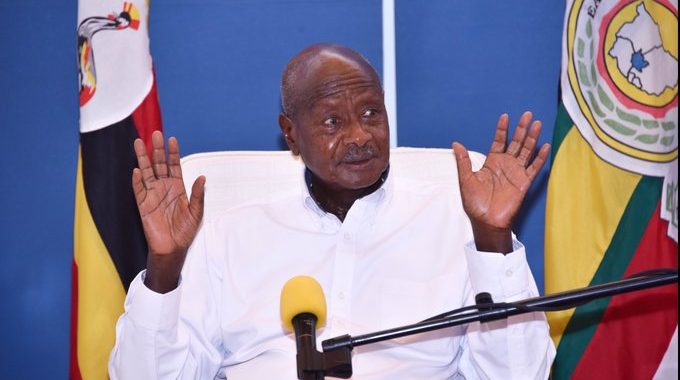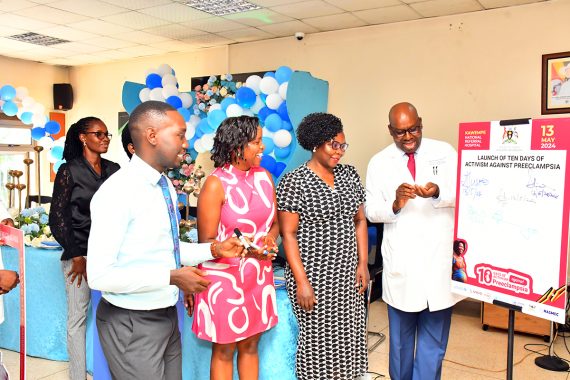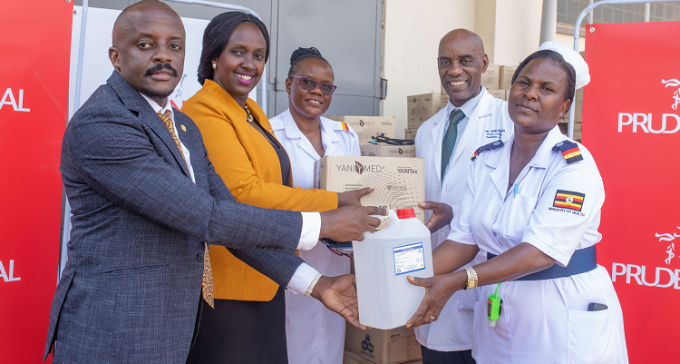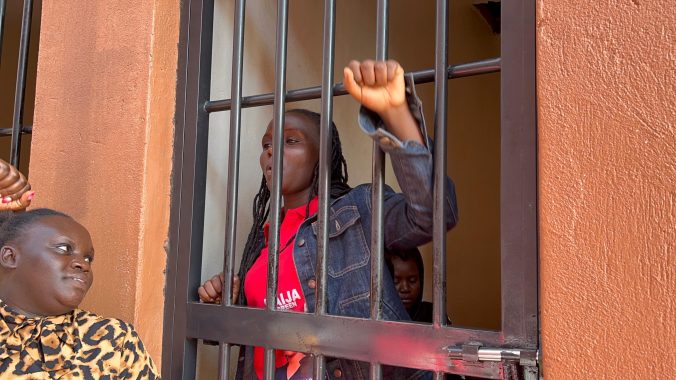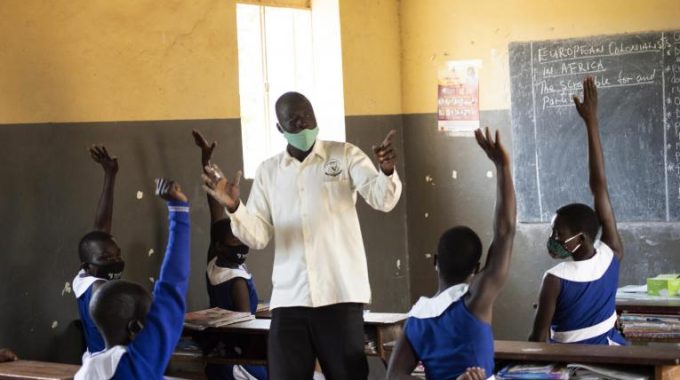Uganda has done a brilliant job in containing the spread of Covid-19 within the country.
The country has registered 79 cases today with no fatalities, according to figures from the ministry of health.
The President Yoweri Museveni imposed a lock down as early as the first cases emerged at Entebbe International Airport.
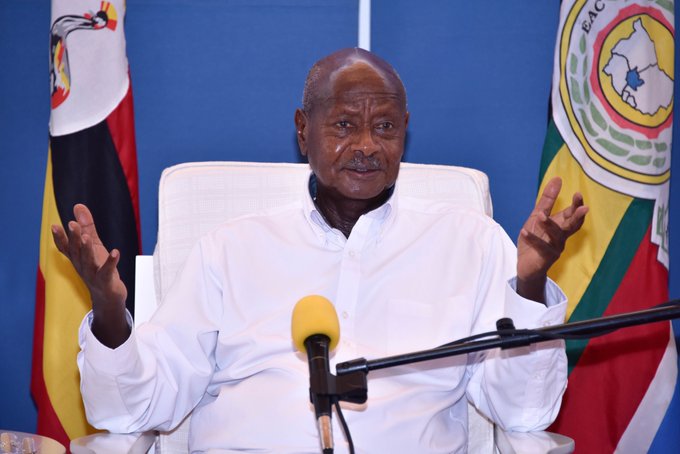
President Museveni closed the airport, bars, clubs and stopped public transport. Then he moved ahead to stop private movement within the country.
He asked non essential workers to remain at home. After two weeks of lock down, Museveni added three more weeks.
He returns to the screens on Tuesday night to address a population that is bored and praying to return to work.
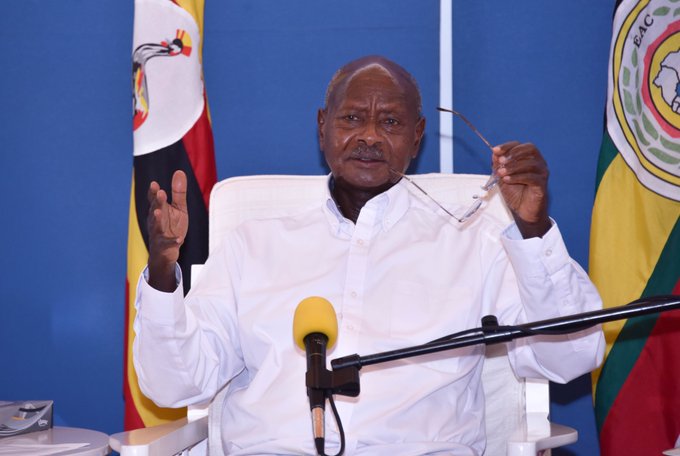
As he returns to the screens, Permanent Secretary Min of Health, Dr. Diana Atwine while appearing on Next Media radio, captured the picture of the situation in the country.
Dr. Atwine said: “I am not happy because we thought that by now with the measures we had put in place, we wouldn’t be reporting many cases in the country. However, we continue getting cases from neighbours especially truck drivers.”
She warned: “We still have porous borders and this causes a huge risk to Covid-19 control and prevention. For the last one week, the cases we recorded are cases from our neighbouring countries.”
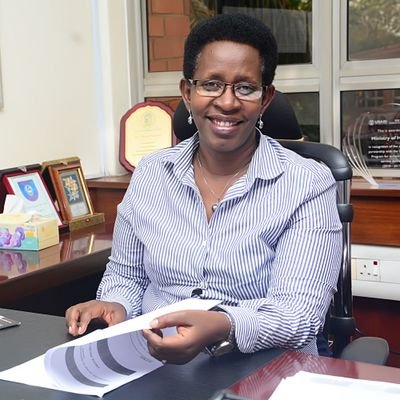
Dr. Atwine revealed: “We can’t close the borders because were are landlocked and business will come to a halt. Supplies in the country will be scarce and this will make the lives of people hard. We need these goods.”
The ministry technocrat argued: “Business must continue, we can’t stop existing. The borders will remain open, but we must have an efficient way of managing cargo truck drivers coming in.”
She went ahead: “About Tanzania, we are worried because when statistics are not fourth coming, you get worried. We also know that there is serious community spreading.”
Dr. Atwine observed: “There are so many other things that worry us. The rate at which the Ministry of Health staff in Tanzania are getting sick is worrying.”
She recollected: “Until our neighbours put mechanisms of controlling the virus, we shall still be at risk. Our worry now is Congo and Tanzania. Kenya has stepped up its processes. Rwanda is doing excellent.”
Dr. Atwine stated: “We still have protocols that bind us as East African. We need to put in place processes that minimize the infection. This is a mutual obligation, it is prudent that trade continues. What matters is the processes we put at borders to minimize the infection.”
The Permanent secretary tipped: “About relay driving, we are still discussing. It was one of the suggested methods but to some transporters, it was hard to implement.”
She said: “About truck drivers, we do not mind them having fun. However, there has to be some level of sensitization in areas where these sisters carry on with their work. Some people do this as a means of survival.”
Dr. Atwine urged: “We need to intensify testing. We are looking to have more test kits in the country and more than one testing centre. We are exploring the possibility of positioning permanent labs at places with high traffic.”
She pointed out: “We still have a challenge of roadside markets like Namawojolo. When the truck drivers stop to buy things, they interact with people which is worrying.”
Dr. Diana Atwine: If market vendors are going to pick money from highway drivers, they need to have systems in place to handle this.
She stated: “We are exploring the possibility of having permanent laboratories at border points.”
Dr. Atwine hailed: “The silver lining is that we are going to register fewer upper respiratory infections because people have been social distancing. If the culture of washing hands can catch up, we shall see fewer people coming to the hospital with hygiene diseases.”
She added: “Diseases that are related to sanitation will reduce. The disease burden will go down. All regional referral hospitals will have structures and ICUs. We have also recruited people and will continue to recruit. We are going to strengthen our border health.”
Dr. Atwine called on: “We want people to appreciate that we have educated teams that can perform. It is a matter of creating an environment that helps our people perform because when they go elsewhere, they are excellent.”

Award winning journalist and writer who has worked as a stringer for a couple of acclaimed South Africa based German journalists, covered 3 Ugandan elections, 2008 Kenya election crisis, with interests in business and sports reporting.




